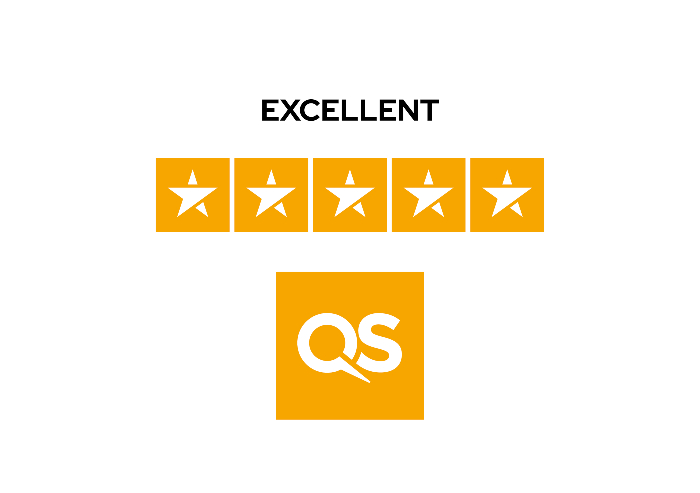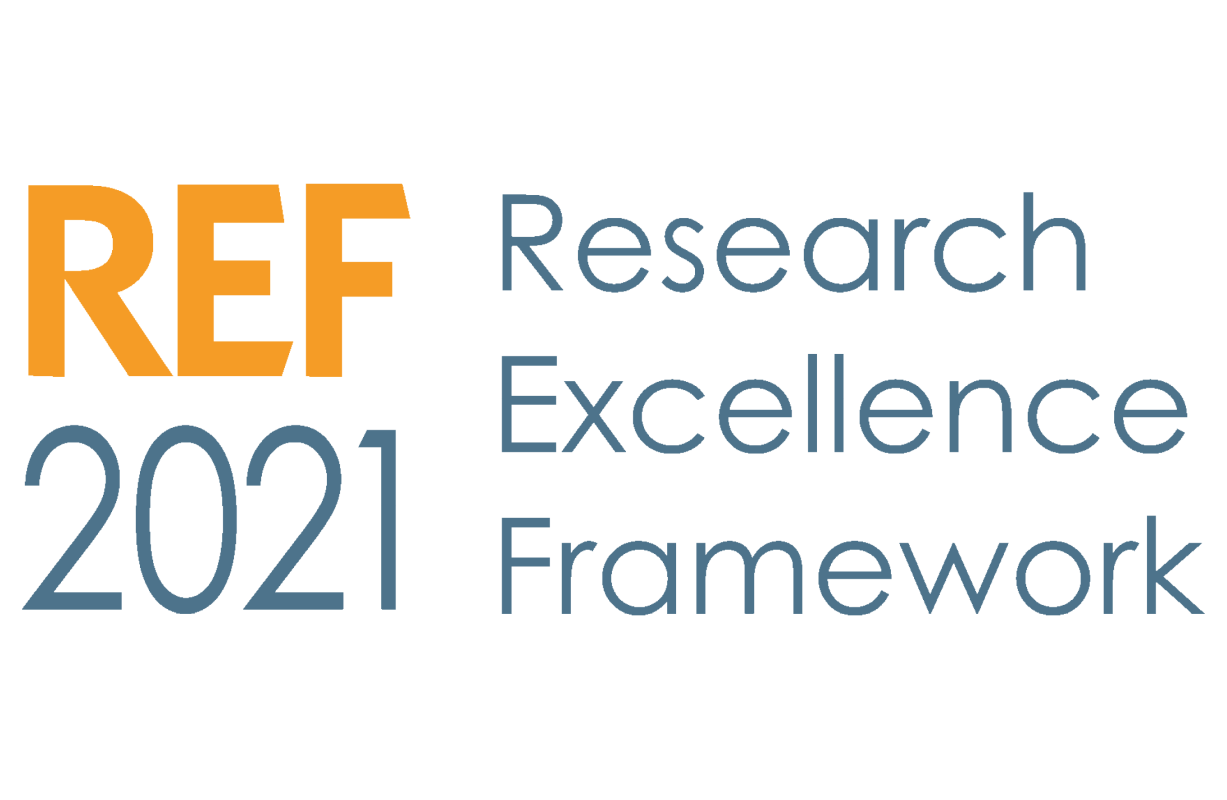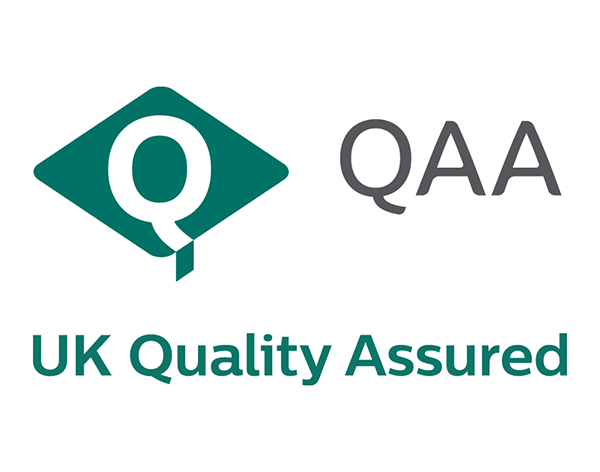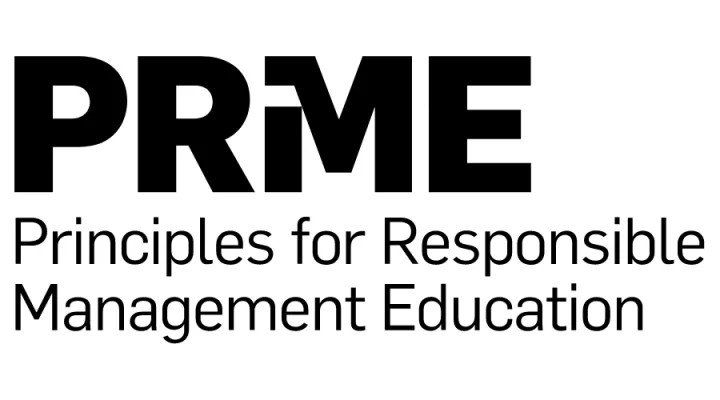
Why we choose
healthcare courses?
Devoting yourself to a healthcare programme can be highly rewarding, both personally and professionally. The purpose of such education goes beyond just acquiring a degree—it equips you with the skills, knowledge, and ethical grounding needed to make a meaningful impact on people’s lives.
-
-
To Improve Public Health
-
Healthcare professionals play a crucial role in disease prevention, treatment, and health promotion.
-
You contribute to longer, healthier lives for individuals and communities.
-
-
To Meet Growing Demand
-
The healthcare industry is expanding due to aging populations, pandemics, and chronic diseases.
-
There is a continuous need for skilled professionals.
-
-
To Make a Difference
-
Healthcare is a service-oriented field—your work directly impacts patients’ well-being.
-
You can specialize in areas like nursing, medicine, public health, or medical research.
-
-
To Gain Job Stability & Growth
-
Healthcare careers offer high job security and diverse opportunities (hospitals, NGOs, research, policy-making).
-
Many roles (doctors, pharmacists, physiotherapists) have strong earning potential.
-
-
To Develop Lifelong Learning & Adaptability
-
Medicine and healthcare are constantly evolving, requiring continuous education.
-
You stay updated with advancements like AI in diagnostics, telemedicine, and personalized treatments.
-
-
1. Technical & Clinical Skills
-
Diagnostic abilities (interpreting lab tests, imaging, patient history)
-
Treatment planning (medication, surgery, rehabilitation)
-
Emergency response (CPR, trauma care, first aid)
-
Use of medical technology (MRI, EHR systems, robotic surgery)
2. Soft Skills & Interpersonal Abilities
-
Communication (explaining diagnoses, counseling patients)
-
Empathy & emotional intelligence (handling sensitive patient situations)
-
Teamwork (collaborating with doctors, nurses, pharmacists)
-
Leadership & decision-making (managing healthcare teams, crisis response)
3. Analytical & Problem-Solving Skills
-
Critical thinking (diagnosing rare conditions, interpreting symptoms)
-
Research & data analysis (clinical trials, epidemiology studies)
-
Evidence-based practice (applying the latest medical research)
4. Ethical & Legal Understanding
-
Medical ethics (patient confidentiality, informed consent)
-
Healthcare laws & policies (HIPAA, malpractice, public health regulations)
5. Administrative & Managerial Competencies
-
Healthcare management (hospital administration, health informatics)
-
Resource allocation (budgeting, staffing, medical supplies)
-
Public health strategies (disease prevention, vaccination programs)
6. Adaptability & Technological Proficiency
- Digital health tools (telemedicine, AI diagnostics, wearable health tech)
- Handling global health challenges (pandemics, antibiotic resistance)
Discover different type of life and learning science at UK University
Certain UK Universities contain the following accredited qualifications.
Times Higher Education - Best Universities in the UK 2025

QS University Rankings

The Association to Advance Collegiate Schools of Business - Accreditation

QS Five Star rating

Teaching Excellent Framework (TEF)

Research Excellence Framework

The Quality Assurance Agency for Higher Education

Small Business Charter (SBC) Excellence

Chartered Management Institute

Chartered Association of Business Schools (CABS)

Principles for Responsible Management Education (PRME)






